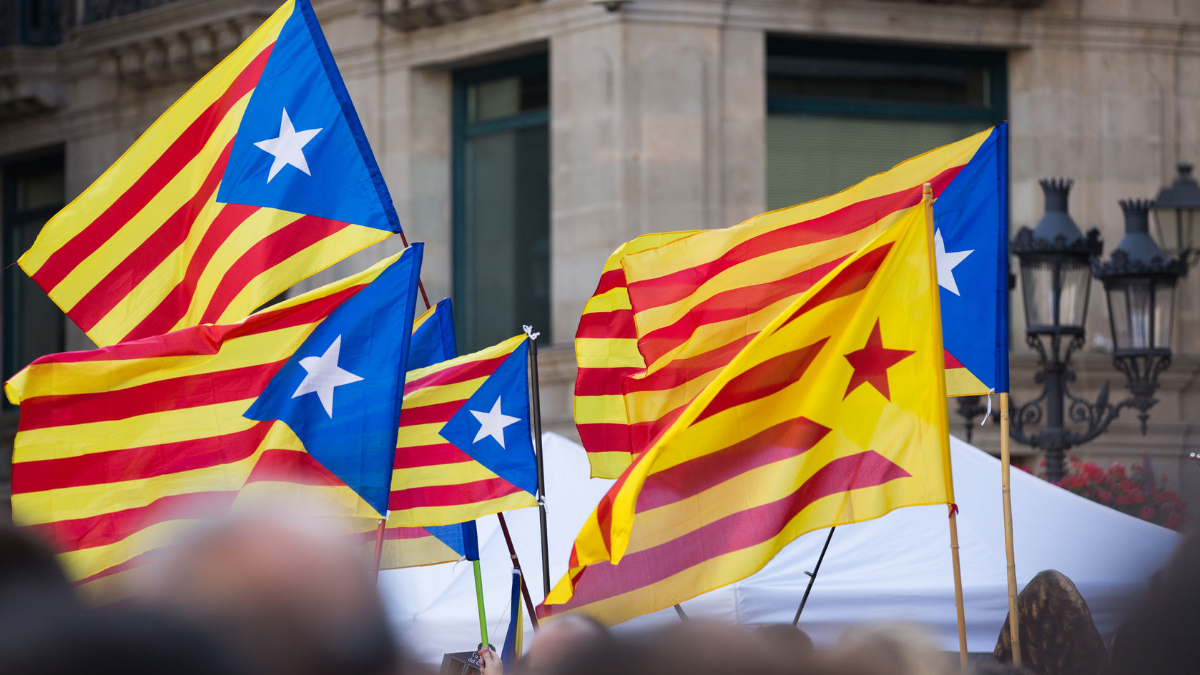Ever since the American Declaration of Independence in 1776 popularized the notion that citizens should determine their own governments and that those governments should serve the people and not repress the same to prop up kings or dictators, aspirations of “self-determination” have flourished, especially recently.
The Kurds in Iraq and the Catalans in Spain have voted to become independent from those states. Not surprisingly, as did the British during the American Revolution, those parent states have reacted threateningly to such votes.
The Spain’s use of force against the Catalan independence referendum and the implicit support of that central government by the European Union and the United States is especially appalling.
Almost 90 percent of Catalan voters voted for independence on October 1, but the turnout was only 43 percent. Yet that low turnout rate may be partially explained by thousands of Spanish police thuggishly trying to shut down the referendum by using force—restraining even elderly people, pulling voters from voting booths, firing rubber bullets, and injuring hundreds of those voting and protesting.
Not stopping at these disgusting actions, the “democratic” government of Spain is threatening to take over the governance of Catalonia directly if the region declares its independence. What’s next martial law?
To explain Spain’s repression, follow the money. Although Catalonia has a separate culture from Spain, it is a cash cow for the Spanish government. It is Spain’s wealthiest region and supplies more in tax dollars to the central government than it gets back. The region also alone accounts for 20 percent of Spain’s economy and 25 percent of its exports.
A Catalonia protest flag at the UEFA Champions League group D match between FC Barcelona and Olympiakos Piraeus at Camp Nou on October 18, 2017 in Barcelona, Spain. David Ramos/Getty
In addition to the use of force by Spain’s government, although the European Union officially regards the crisis in Catalonia as an internal matter, the French minister of European Affairs, aggressively threatened that if Catalonia became independent of Spain, it would be immediately booted out of the European Union.
The European Union, despite sanctimoniously priding itself on being an association of democracies, has implicitly supported the Spanish government for obvious reasons. Some of its other member countries also face movements of self-determination within their borders and they don’t want the contagion to spread. Also, if independent, Catalonia would not be in the World Trade Organization.
However, after the Catalonia’s referendum, between 250,000 and 400,000 people marched in Barcelona against independence, but some of these people came from Spain for the march, so the number who were actually from Catalonia is unknown.
Furthermore, there also have been post-referendum protests for independence. Because of the large protest against independence, however, Carles Puigdemont, Catalonia’s leader, has stopped short of declaring the region’s independence, offering dialogue with the Spanish government “to work towards putting into practice the result of the referendum.”
Yet Spain’s Prime Minister Mariano Rojoy has refused to negotiate with the Catalans until secessionist plans are scrapped.

















